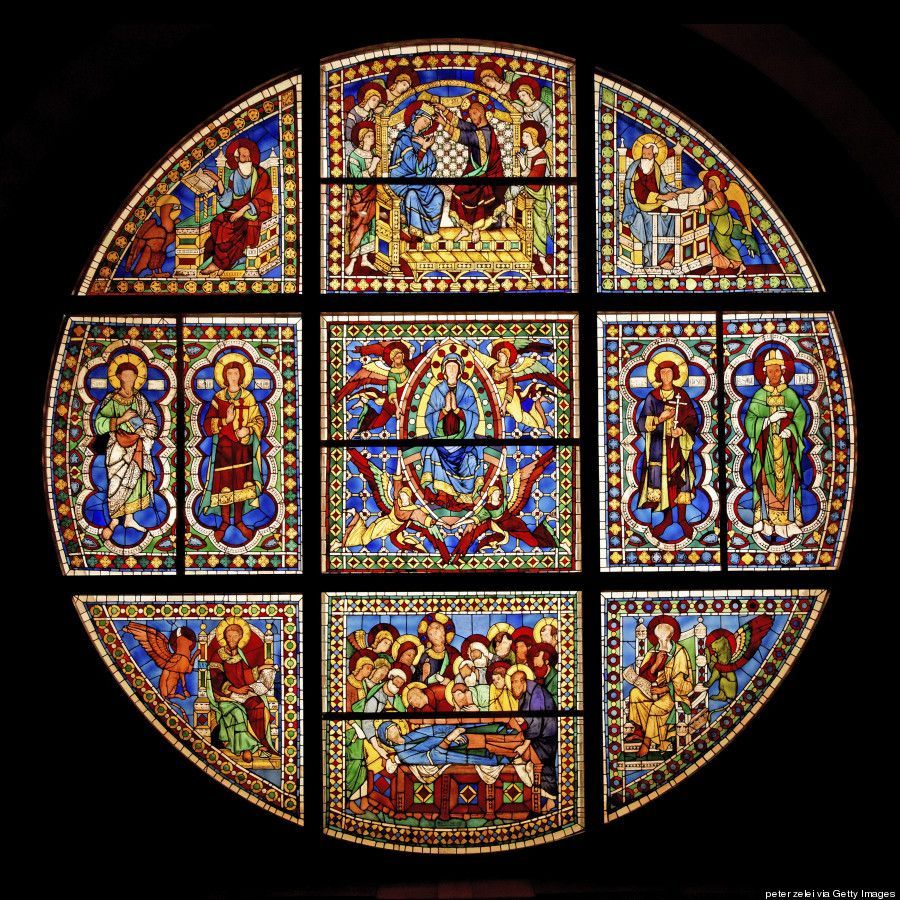Message of Abbot Paul - Thursday 20th April 2023
Abbot Paul • April 19, 2023



Having looked closely at the conversation between Jesus and Nicodemus, we now find ourselves listening to the words of John the Baptist, although many commentators would say that these are probably the words of the author of the Gospel rather than those of John commenting on his statement regarding Jesus in verse 30: “He must increase, but I must decrease.” Today we read Jn 3: 31-36. This is what John is purported as saying to his disciples.
“He who comes from above is above all others;
he who is born of the earth is earthly himself
and speaks in an earthly way.
He who comes from heaven
bears witness to the things he has seen and heard,
even if his testimony is not accepted;
though all who do accept his testimony
are attesting the truthfulness of God,
since he whom God has sent
speaks God’s own words:
God gives him the Spirit without reserve.
The Father loves the Son
and has entrusted everything to him.
Anyone who believes in the Son has eternal life,
but anyone who refuses to believe in the Son will never see life:
the anger of God stays on him.”
Although some Bible scholars think that verses 31-36 continue the words of John the Baptist, I’m inclined to agree with those who argue that they are the words of the evangelist. The original text did not have quotation marks. A couple of things point us in this direction. First, the Christology seems to be more in line with later, more developed understanding than with that which John the Baptist would have had. Also, these verses are clearly Trinitarian. It would be highly unusual for a Jew like John the Baptist at this point in history to have had such well-defined views. Nevertheless, the text is inspired by God for our spiritual profit. John makes four main points to show why we should believe in Jesus. 1) Jesus has a heavenly origin and is above all. 2) Jesus has a message that comes down from heaven, from God. 3) Jesus has heavenly authority. 4) As a result, our eternal destiny hinges on believing in Jesus. Here the Gospel parts company with those who do not accept that Jesus is the incarnate Son of God and do not believe in God as a Trinity of Persons. The daily proclamation or reading of the Gospel should purify our faith and conform it to the will and reality of God, our Creator and Redeemer.









